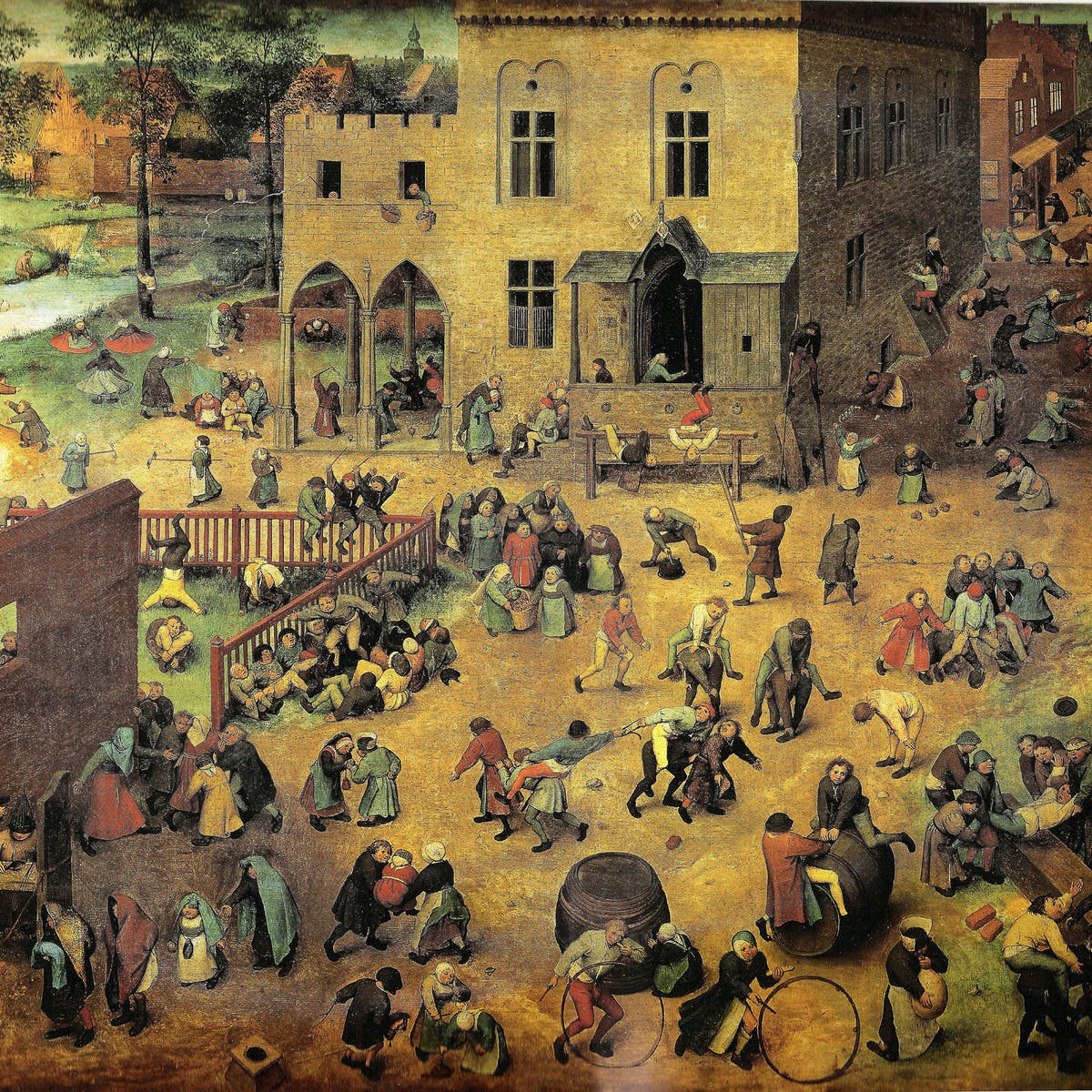Game Theory

Coursera Review
Location
Online(Course Link)
Dates
On Demand
Course Categories
Politics and Economy
Certficate
Yes(Course Certificate ($79))
Language
English
Course Fees
FreeNo. of Attendant
Unlimited
Acquired Skills/Covered Subjects
- Game Theory,Backward Induction,Bayesian Game,Problem Solving
| Provider Name | Coursera |
|---|---|
| Training Areas |
|
| Website | https://coursera.org/ |
| About The Provider |
Coursera is
an American online learning platform founded by Stanford professors Andrew Ng and Daphne Koller that
offers massive open online courses (MOOC),
specializations, and degrees. Coursera works with universities and other organizations to offer online courses, specializations, and degrees in a variety of subjects, such as engineering, humanities, medicine, biology, social sciences, mathematics, business, computer science, digital marketing, data science, and others.
Coursera courses last
approximately four to ten weeks, with one to two hours of video lectures a
week. These courses provide quizzes, weekly exercises, peer-graded assignments,
and sometimes a final project or exam. Courses are also provided
on-demand, in which case users can take their time in completing the course
with all of the material available at once. |
Popularized by movies such as "A Beautiful Mind," game theory is the mathematical modeling of strategic interaction among rational (and irrational) agents. Beyond what we call `games' in common language, such as chess, poker, soccer, etc., it includes the modeling of conflict among nations, political campaigns, competition among firms, and trading behavior in markets such as the NYSE. How could you begin to model keyword auctions, and peer to peer file-sharing networks, without accounting for the incentives of the people using them? The course will provide the basics: representing games and strategies, the extensive form (which computer scientists call game trees), Bayesian games (modeling things like auctions), repeated and stochastic games, and more. We'll include a variety of examples including classic games and a few applications.













